7 August 2025
The Malaghan Institute’s CAR T-cell programme features twice in this year’s KiwiNet Research Commercialisation Awards, New Zealand’s premiere celebration of research commercialisation.

The CAR T-cell research team (2023) with Dr Patricia Rubio-Reyes (far left) and Prof Weinkove (middle row, second from left).
The CAR T-cell programme is a finalist for the Breakthrough Project Award, recognising a breakout project that has recently launched to success and demonstrates best-practice commercialisation of publicly-funded research.
The accolade recognises the Malaghan’s bold and innovative approach to making next-generation cancer treatment accessible in New Zealand.
Faced with global barriers of cost and complexity, the team established Wellington Zhaotai Therapies to co-develop a locally viable CAR T solution, created GMP-compliant local manufacturing, and set up all regulatory and clinical trial infrastructure from scratch.
By undertaking the phase 1 ENABLE trial, which completed enrolment in 2023, the Malaghan Institute was able to secure more than $10 million in philanthropic donations towards a phase 2 trial and established BioOra Limited, a commercial spinout to automate and scale up manufacture and distribution of CAR T-cell therapies, placing New Zealand at the forefront of next-generation cell therapies.
Meanwhile, the Malaghan’s Dr Patricia Rubio-Reyes has been named a finalist in the Breakthrough Innovator category, awarded to an emerging researcher who is seizing opportunities to commercialise their research.
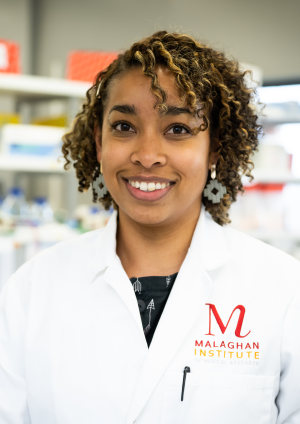 As part of the CAR T-cell research team, Dr Rubio-Reyes designed an innovative 'safety switch' protein for CAR T-cell therapy. In the unlikely event that a patient who receives CAR T-cell therapy experiences severe side effects, this brake can be applied on CAR T-cell activity, stopping it in its tracks. The protein has the potential to significantly enhance the safety and accessibility of this cutting-edge cancer immunotherapy and other cell therapies.
As part of the CAR T-cell research team, Dr Rubio-Reyes designed an innovative 'safety switch' protein for CAR T-cell therapy. In the unlikely event that a patient who receives CAR T-cell therapy experiences severe side effects, this brake can be applied on CAR T-cell activity, stopping it in its tracks. The protein has the potential to significantly enhance the safety and accessibility of this cutting-edge cancer immunotherapy and other cell therapies.
Dr Rubio-Reyes stepped forward to lead its commercialisation, taking ownership of both the technical development and the broader vision. Over the past 12 months, Dr Rubio-Reyes has worked tirelessly to build relationships across the global cell therapy ecosystem, secure a patent, refine the business case and guide the invention through the complex pathway toward market readiness.
After gaining additional experience through the KiwiNet Emerging Innovator Programme, Patricia headed to the UK where she is now based, working closely with stakeholders in the cell therapy sector to drive the commercialisation process through non-exclusive licensing opportunities.
Related articles

A ground-breaking cancer treatment is within reach – but only if New Zealand acts now
12 February 2026
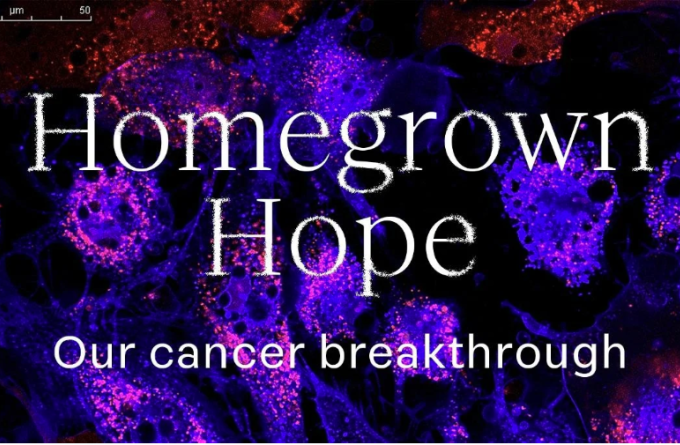
Homegrown Hope - Stuff's series on CAR T-cell therapy
11 February 2026
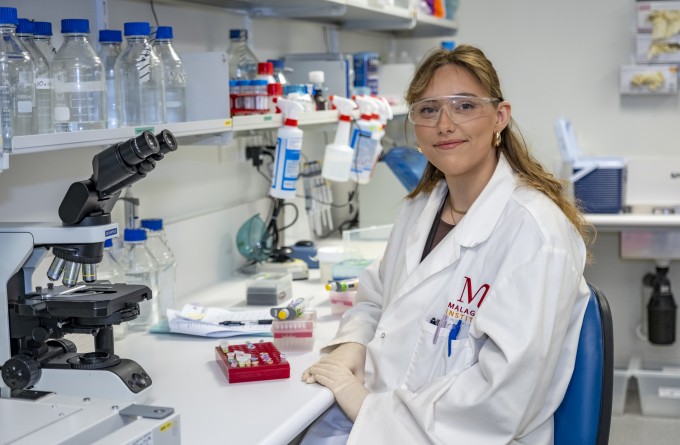
Tracking the journey of the shapeshifting bacteria behind stomach cancer
19 November 2025
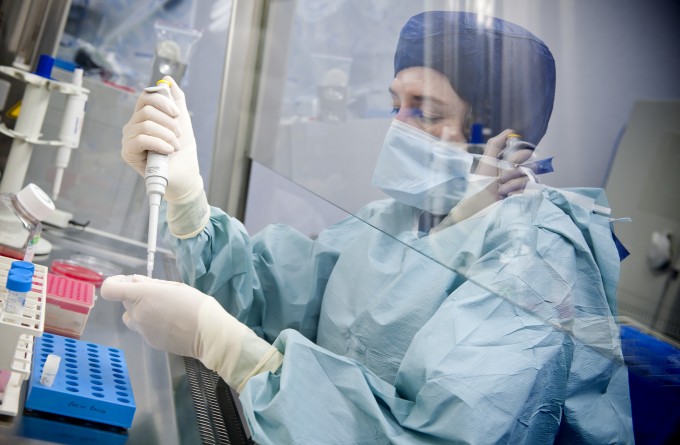
Celebrating milestones in bringing life-saving cell therapies to New Zealand
12 November 2025
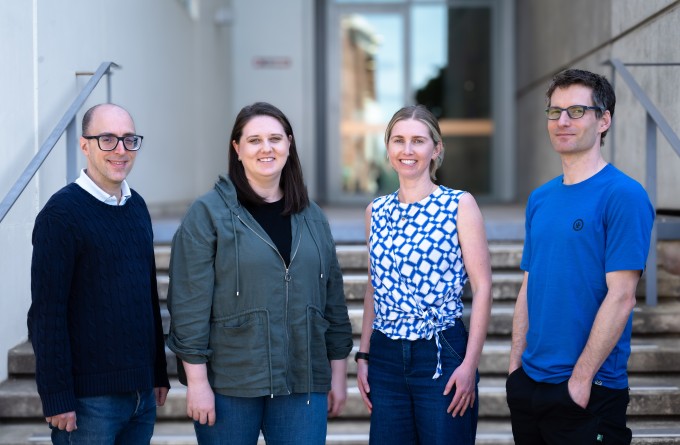
Marsden funding to drive discovery and innovation in cancer, allergy and infectious disease research
5 November 2025
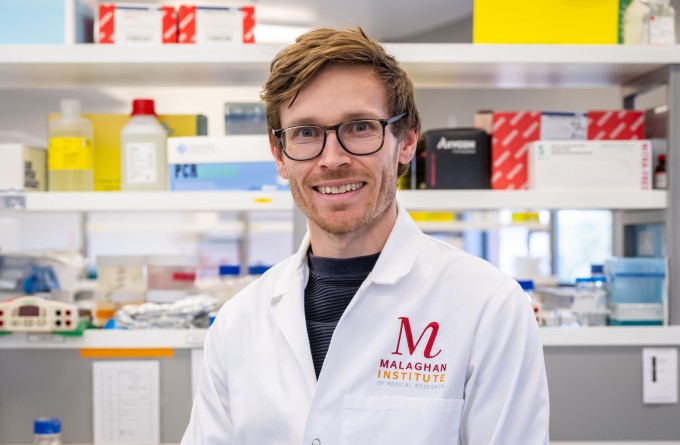
Eradicating H. Pylori bacterial infection to reduce stomach cancer
30 October 2025
